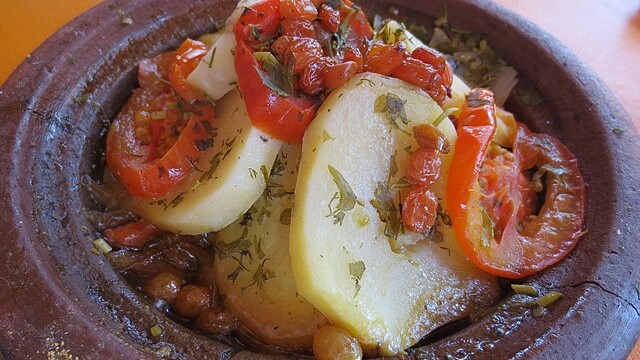“Bessara!” This Libyan word refers to a delightful fava bean soup often enjoyed as a staple throughout the country. As you investigate the diverse culinary landscape of Libya, you’ll discover that its cuisine is a reflection of the country’s rich history, influenced by Berber, Arab, and Mediterranean cultures. Filled with bold flavors, aromatic spices, and fresh ingredients, Libyan dishes offer a feast for your senses. Whether you are seeking to explore new culinary horizons or simply broaden your palate, implementing elements of Libyan cuisine into your meals will be an adventure you won’t want to miss.
One of the most iconic dishes you must try is “couscous bil khodra.” This vibrant dish features fluffy steamed couscous topped with a medley of seasonal vegetables, often complemented by a rich tomato sauce. The combination of flavors creates a harmony that is both colorful and satisfying. As you savor each bite, you’ll appreciate the warmth and hospitality that is a hallmark of Libyan culture. Consider preparing this dish for a family gathering, showcasing your cooking skills while introducing your loved ones to the flavors of Libya.
If you’re a fan of spices, you will find plenty to love about Libyan cuisine. The use of spices like cumin, coriander, and paprika lends an unmistakable character to many dishes. “Shorba,” a hearty soup that often contains meat and vegetables, is another must-try. Often seasoned with generous amounts of spices, this nourishing dish brings a warm and comforting quality to any meal. Pour yourself a bowl, and you’ll instantly understand why it remains a favorite during family gatherings and special occasions.
For meat lovers, “asida” is a Libyan dish that should not be overlooked. Typically a slow-cooked meat stew, asida can be made with chicken or lamb, and is best enjoyed with bread that you can use to scoop up the succulent meat and sauce. The communal aspect of enjoying this dish, similar to many Libyan meals, encourages a sense of togetherness—perfect for when you want to gather friends and family for an engaging dining experience.
Be sure to save room for dessert, as Libyan sweets are as rich as the main courses. “Basbousa,” a sweet semolina cake soaked in syrup, offers a delightful finish to any meal. The texture is wonderfully moist, and the sweetness, enhanced with flavors like orange blossom or coconut, creates a dessert that lingers on your taste buds. Sharing basbousa with loved ones not only showcases the sweet side of Libyan cooking but also acts as a bridge in sharing culture and tradition.
Finally, no exploration of Libyan cuisine would be complete without mentioning mint tea, often served alongside meals or as a refreshing drink on its own. The aromatic blend of green tea, fresh mint, and sugar is a soothing way to end your culinary journey. As you sip this exquisite beverage, allow yourself to appreciate the warmth and welcoming spirit of Libyan hospitality.
Exploring the bold flavors of Libyan cuisine opens a window into the country’s culture and traditions. As you bring these unique dishes to your table, you’re not just enjoying a meal; you’re partaking in a culinary journey that connects you to a vibrant world of flavors and history.

